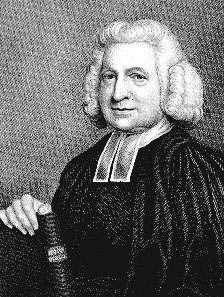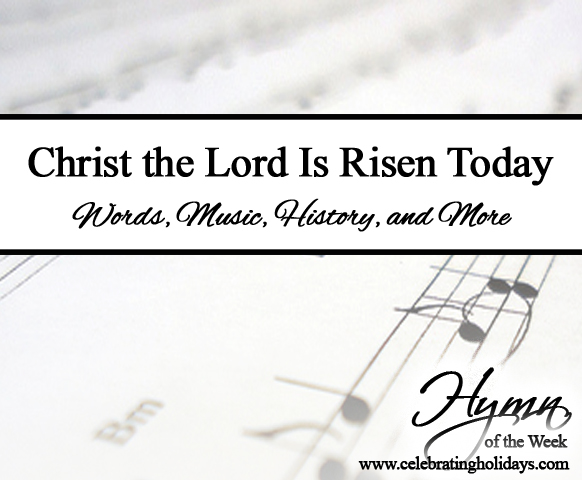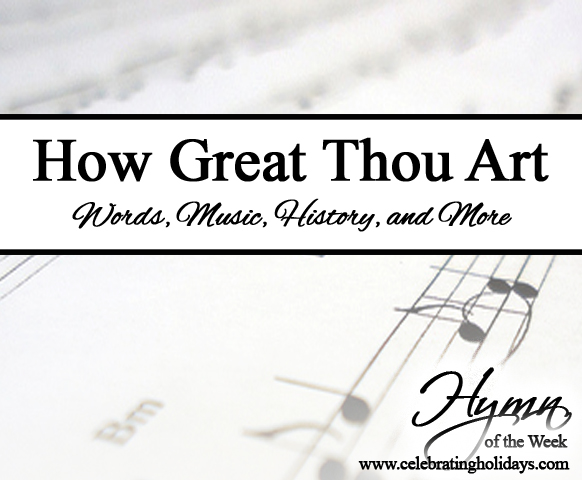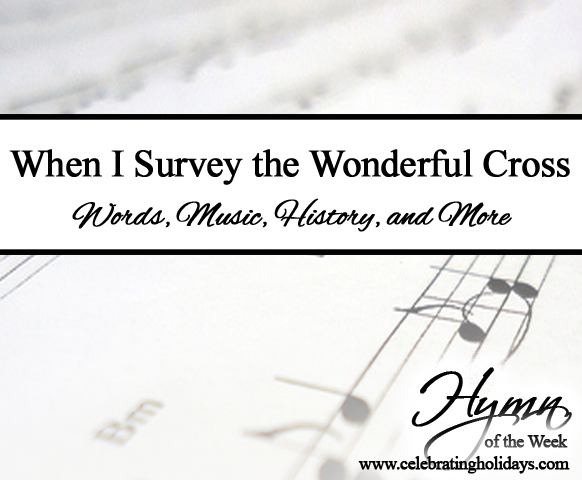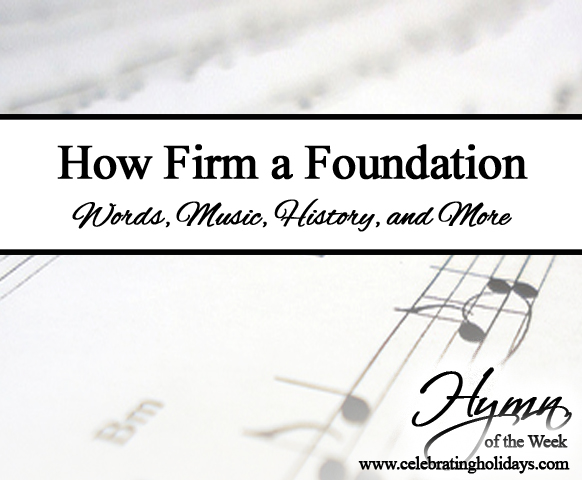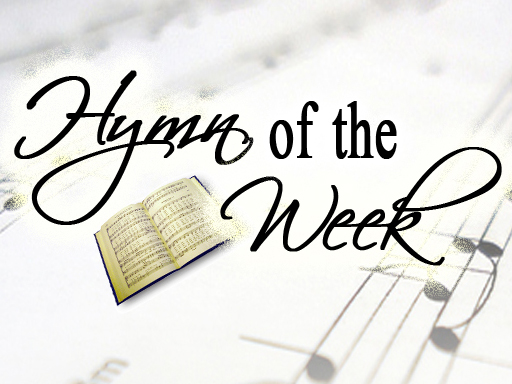O For a Thousand Tongues to Sing
This page includes a lyric video, history, sheet music, and other resources for the classic hymn “O For a Thousand Tongues to Sing.” Enjoy!

Enjoy this You Tube video, performed by Hymn Charts, with lyrics for “O For a Thousand Tongues to Sing”:
History of “O For a Thousand Tongues to Sing”
Words by Charles Wesley (1707-1788), Published in 1740
You can find a biography of Charles Wesley on our And Can It Be page.
On Pentecost Sunday, May 21, 1738, Charles recorded the day of his conversion in his journal. He wrote:
“I betook myself to prayer the substance as follows: ‘O Jesus, thou hast said, I will come unto you. Thou hast said, I will send the Comforter unto you. Thou hast said, My Father and I will come unto you, and make our abode with you. Thou art God, who canst not lie. I wholly rely upon thy most true promise. Accomplish it in thy time and manner.’ …. Still I felt a violent opposition and reluctance to believe, yet still the Spirit of God strove with my own … till by degrees he chased away the darkness of my unbelief. I found myself convinced, I knew not how or when, and immediately fell to intercession.”
You can read more of Charles’ conversion story in The Methodist Quarterly Review (see the entry under the subtitle “Day of Pentecost”).
One year later, Wesley wrote a hymn that he titled “For the Anniversary Day of One’s Conversion.” The original hymn had 18 stanzas and started “Glory to God, and praise, and love” — it was first published in Hymns and Sacred Poems (1740). The seventh stanza began “O for a thousand tongues to sing” and was later switched to its now famous position (as the initial stanza) in Conyers’ Psalms and Hymns (1767). The words were based on a statement that Moravian missionary Peter Böhler made to Wesley, “Had I a thousand tongues, I would praise him with them all.”1
Tune “Amzon” (1828) by Carl Gotthelf Gläser (1784-1829); arranged in 1839 by Lowell Mason (1792-1872)
The tune “Azmon” first appeared anonymously in Lowell Mason’s The Modern Psalmist (1839). In a later collection, The Sabbath Hymn and Tune Book (1859), Mason credited the tune to “C.G.” and named it “Denfield” (Mason subsequently renamed the tune “Azmon” — from Numbers 34 in the Bible).2 Scholars believe the initials “C.G.” are for the composer Carl Gläser — one of the musicians that Mason visited during a tour of Europe which was “for the purpose of obtaining materials from distinguished composers” in order to introduce them in the United States.3 Little is known about Carl Gläser, but you can read more about Lowell Mason on our Joy to the World page.
Additional Resources for “O For a Thousand Tongues to Sing”:
Sheet Music (PDF Compliments of Hymnary.org)
Guitar Chords (Links to Ultimate Guitar)
Visit Hymnary.org or Hymn Time.com for more on this hymn.
See our Hymn of the Week page for a list of the hymns that are included on this site.
This page was created by:

We welcome your ideas! If you have suggestions on how to improve this page, please contact us.
You may freely use this content if you cite the source and/or link back to this page.
Sources:
1 Reynolds, William Jensen. Hymns of Our Faith: A Handbook for the Baptist Hymnal. Broadman Press, 1964, p. 138.
2 Hustad, Donald P. Dictionary Handbook to Hymns for the Living Church. Hope Publishing Company, 1978, p. 50.
3 Ibid.
